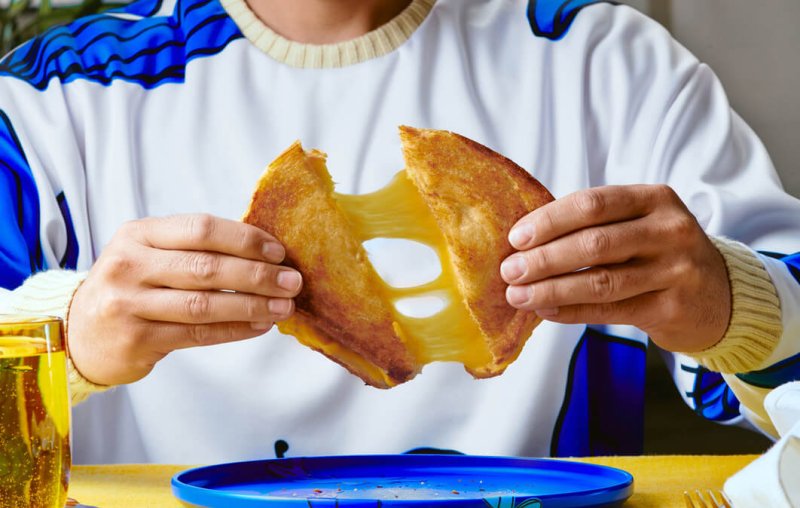In the United States alone, roughly 9 million cows are devoted to churning out torrents of milk a year which, over time, can begin to take a toll on our planet’s resources. What’s more, tens of millions of Americans are increasingly unable to consume cow milk-based cheese without discomfort because they develop lactose intolerance.
…
Gene editing as a solution came into the picture in the form of a young woman who became lactose intolerant but just couldn’t bear the thought of giving up cheese. Magi Richani, a Shell engineer, set out to find a plant-based alternative to her favorite food.
Plunging deeply into cheese production, Richani found that casein, the principal cow-derived component of cheese could be created “without the cow” using gene-edited soybeans. And, with the right settings, this could make a cheese that stretches, tastes and toasts “just like the real thing from cows and goats.”
Not only do Nobell products come closer and closer to the taste of dairy cheese, but they may also ultimately compete on price with milk-based products—and even boost the profits of soybean farmers.































